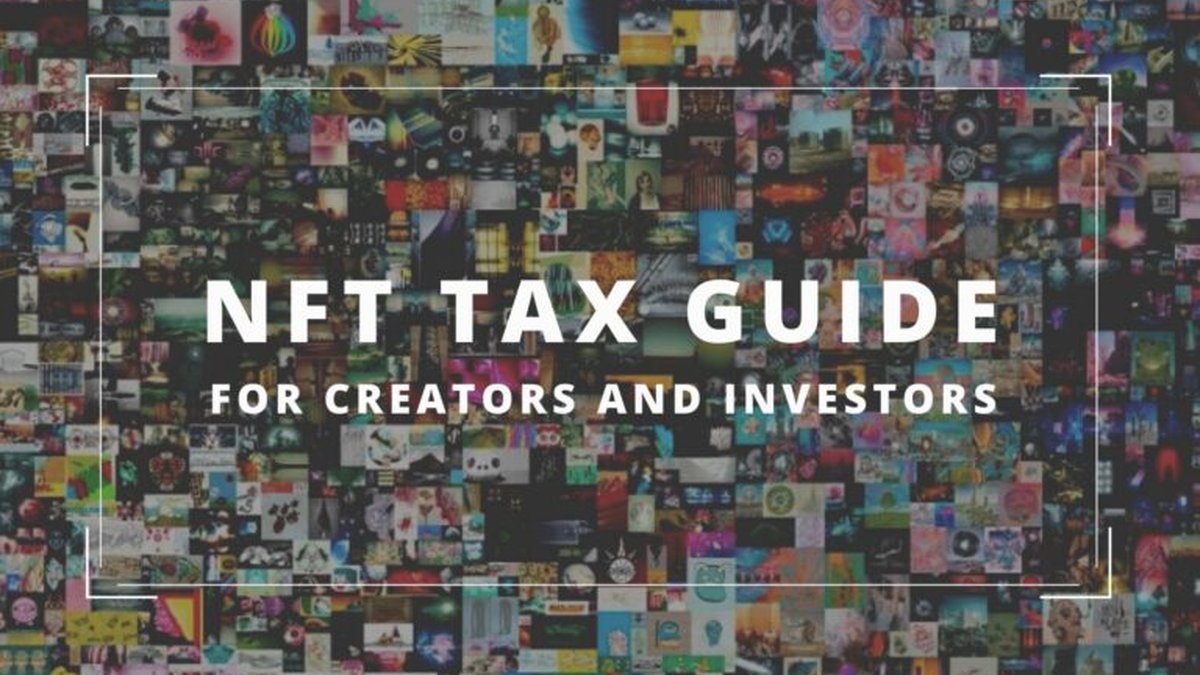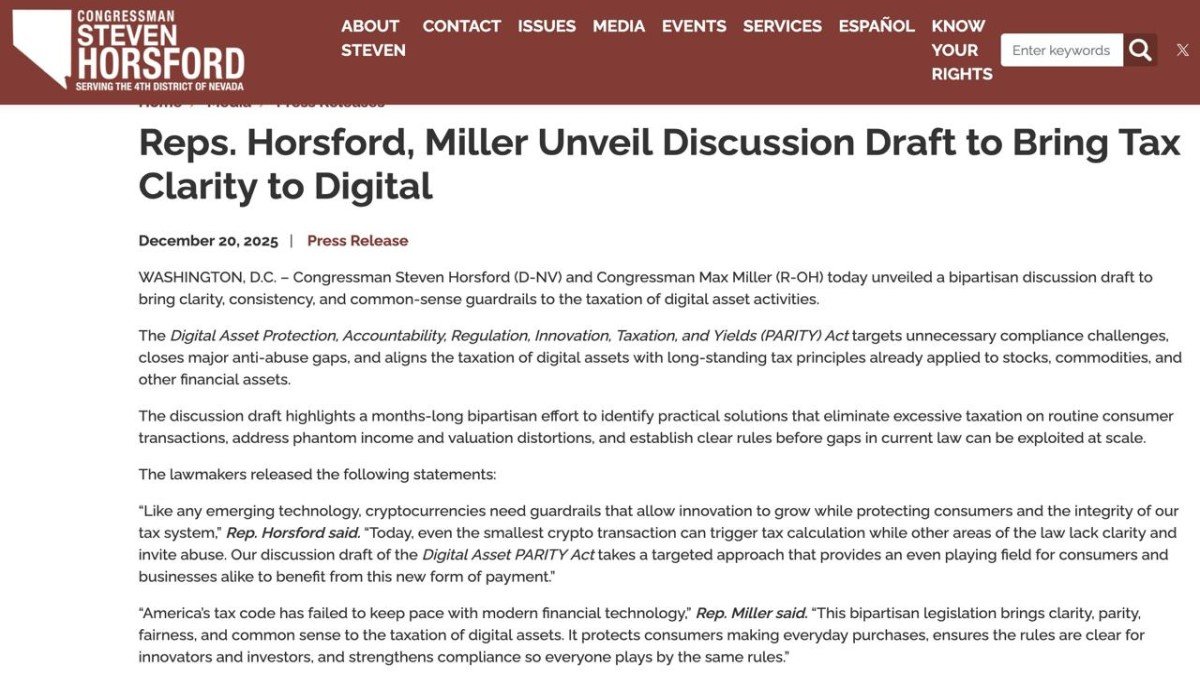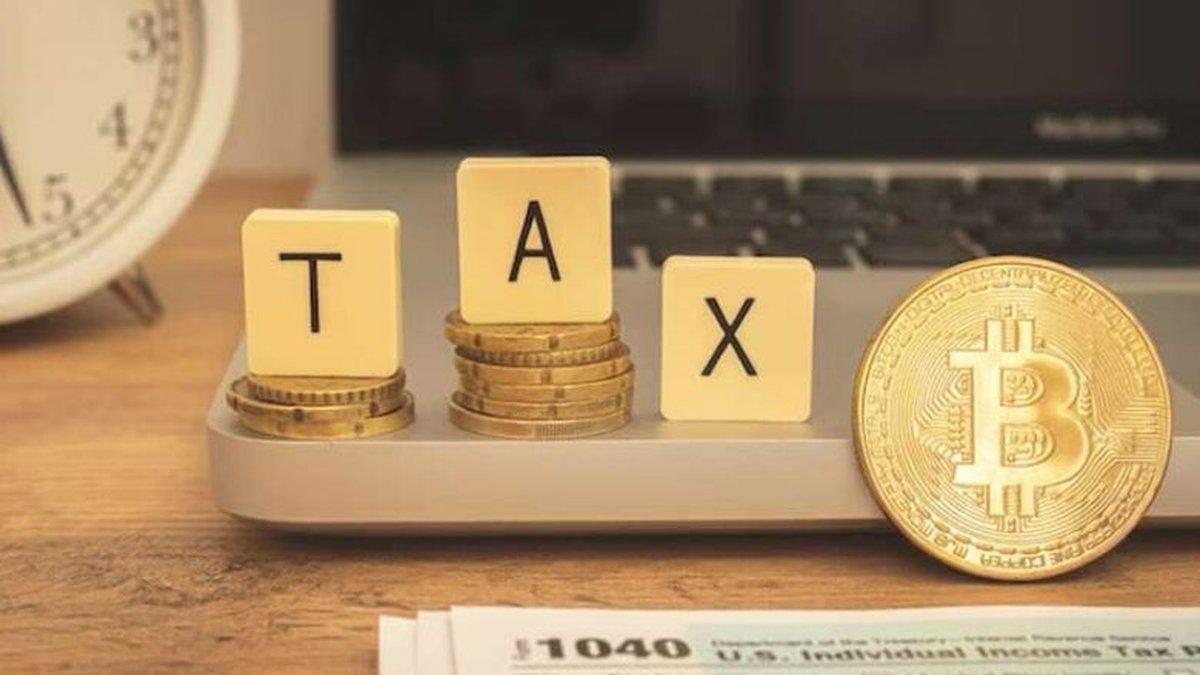Tax Implications of NFT Trading & Collectibles
As non-fungible tokens (NFTs) continue to revolutionize art, gaming, and digital ownership, many investors are now trading and collecting NFTs for profit. However, with these new opportunities come complex tax obligations. Understanding how NFT transactions are treated by tax authorities is essential for compliance and strategic financial planning. This guide explores how NFTs are taxed, what constitutes a taxable event, and how different jurisdictions classify NFT income and gains.
Understanding NFTs and Their Tax Nature
1. What Are NFTs?
NFTs are unique digital assets recorded on a blockchain, representing ownership of digital art, collectibles, music, or in-game items. Unlike fungible tokens like Bitcoin or Ethereum, NFTs are non-interchangeable, giving them collectible value similar to rare art or physical trading cards.
2. Why Taxes Apply to NFTs
From a tax perspective, NFTs are considered property or assets. That means any transaction involving NFTs—buying, selling, minting, or trading—can trigger a taxable event. Tax agencies like the IRS (U.S.), HMRC (U.K.), and ATO (Australia) are increasingly issuing guidance to ensure NFT participants report and pay taxes correctly.
Types of NFT Transactions and Their Tax Treatment
Different NFT activities have different tax consequences. Let’s break them down:
1. Buying NFTs
When you purchase an NFT using cryptocurrency (e.g., ETH), you are disposing of a crypto asset, which may trigger a capital gain or loss. The NFT itself becomes a new capital asset with its own cost basis equal to the value of crypto spent.
2. Selling NFTs
If you sell an NFT for crypto or fiat, you may owe capital gains tax on the difference between the selling price and the cost basis. In the U.S., gains held under one year are short-term, taxed as ordinary income, while those held over a year are long-term, taxed at reduced rates.
3. Creating (Minting) NFTs
Artists who mint NFTs and sell them are typically considered to be self-employed. The proceeds from sales are subject to income tax and possibly self-employment tax. The cost of minting (gas fees) can often be deducted as a business expense.
4. Trading NFTs
Swapping one NFT for another may trigger two taxable events: the sale of the original NFT (capital gain/loss) and the acquisition of the new one at its fair market value.
5. Receiving Royalties
Artists who receive ongoing royalties from secondary sales must report them as ordinary income in the year they are received. These are typically taxed at regular income rates.
How Tax Authorities Classify NFTs
Classification varies across jurisdictions:
- U.S. (IRS): NFTs are treated as property. Gains are subject to capital gains tax; creators may owe income tax on sales.
- U.K. (HMRC): NFTs are digital assets; gains are subject to capital gains tax (CGT), and business creators owe income tax.
- Australia (ATO): NFTs are considered CGT assets; frequent traders may be seen as running a business, triggering income tax.
- Canada (CRA): NFTs may generate business income or capital gains depending on intent and frequency of transactions.
Record-Keeping and Valuation
Accurate record-keeping is vital. Investors should track:
- Purchase and sale dates
- Transaction IDs and wallet addresses
- Fair market value of crypto used or received
- Gas fees (which may be deductible)
Because NFT prices fluctuate, determining fair market value at the time of each transaction is critical for accurate reporting.
Special Considerations for Collectibles
1. Higher Tax Rates in Some Jurisdictions
In the U.S., NFTs that qualify as collectibles (like art or trading cards) may face a maximum 28% long-term capital gains rate, compared to 20% for other assets.
2. Determining Whether an NFT Is a Collectible
If the NFT represents art, antiques, or similar tangible-like assets, it may fall under collectible rules. NFTs tied to utility (like game passes) may not.
Example Scenarios
Example 1: Buying and Selling
You buy an NFT for 1 ETH when ETH is $2,000. Six months later, you sell it for 1.5 ETH when ETH is $3,000. Your sale proceeds are $4,500, cost basis $2,000, resulting in a $2,500 short-term gain.
Example 2: Artist Minting
You mint an NFT and sell it for 2 ETH when ETH is $2,500. You recognize $5,000 in ordinary income. The gas fee paid for minting can be deducted as an expense.
Tax-Reporting Tools and Strategies
Because NFT tax reporting can be complex, consider using software like Koinly, TokenTax, or CoinTracker that support NFT tracking. Always consult a crypto tax professional for personalized advice.
- Export data from NFT marketplaces (OpenSea, Blur, Magic Eden)
- Use valuation APIs to determine FMV
- Separate wallets for NFT trading to simplify tracking
Common Mistakes to Avoid
- Ignoring the crypto disposal event when buying NFTs
- Failing to track gas fees or royalties
- Assuming NFTs are tax-free because they are digital
- Not distinguishing between personal and business activity
Future Outlook on NFT Taxation
As NFT adoption grows, tax agencies are expected to release clearer guidelines and possibly introduce automated reporting from marketplaces. In 2025 and beyond, regulations may require exchanges and marketplaces to issue 1099-like forms summarizing NFT transactions.
Investors who adopt proactive compliance now will benefit from smoother audits and lower risk of penalties.
Conclusion
Understanding the tax implications of NFT trading and collectibles is essential for every investor and creator. Whether you are flipping NFTs for profit or minting digital art, you must record transactions, calculate fair market values, and report income or gains correctly. With proper tracking, expert advice, and awareness of local laws, you can enjoy the benefits of the NFT market while staying compliant.
Further Reading and Resources
Best Crypto Apps | Market | Crypto Exchanges
Frequently Asked Questions
Are NFT sales taxable? Yes. Selling an NFT typically triggers capital gains tax based on the difference between sale price and cost basis.
Do I owe taxes when buying NFTs with crypto? Yes, spending crypto to buy NFTs is a disposal event, potentially creating a taxable gain or loss.
How are NFT royalties taxed? Royalties received by creators are treated as ordinary income in most jurisdictions.
Can gas fees reduce my taxes? Gas fees may be added to your cost basis or deducted as expenses for creators.
Do all countries tax NFTs? Most developed countries do, though specific rules vary. Always check your local regulations.





